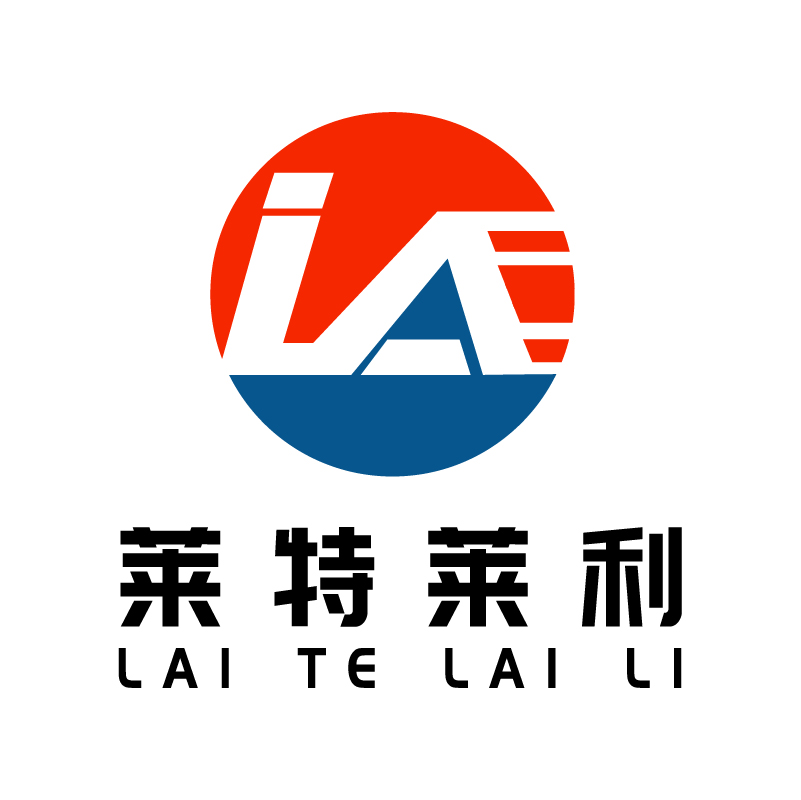The impact of international trade policy on the export of BOPP synthetic label paper?
The impact of international trade policy on the export of BOPP synthetic label paper is multifaceted, and the following is a detailed analysis of this impact:
First, positive impact
1.Promote export growth:
Tariff relief or preference: tariff relief or preference measures that may be included in international trade policies can help reduce the cost of BOPP synthetic label exports and improve their competitiveness in the international market, thus promoting export growth.
Free Trade agreements: Free trade agreements (FTAs) signed between countries often contain provisions such as reducing or eliminating tariff barriers and simplifying customs clearance procedures, which is conducive to BOPP synthetic label export enterprises to better enter the target market and expand the scale of exports.
2.Market access facilitation:
Some international trade policies may contain market access facilitation measures, such as mutual recognition of conformity assessment procedures, easing of import restrictions, etc., which helps BOPP synthetic label exporters to more easily enter the target market and reduce trade barriers.
3.Support export enterprise financing:
The government may support the financing of export enterprises through export credit, export credit insurance and other ways to reduce their export risks, thus encouraging the export of products such as BOPP synthetic label paper.
Second, negative impact
1.Rising trade protectionism:
In recent years, trade protectionism has risen globally, and some countries have taken measures such as raising tariffs, implementing anti-dumping and countervailing investigations, and setting trade barriers to imported products, including BOPP synthetic label paper. This may lead to an increase in export costs and a decrease in market share.
2.Technical barriers to Trade:
Some countries may restrict the import of products such as BOPP synthetic labels that do not meet their standards by setting technical trade barriers such as strict technical standards and certification requirements. This requires export enterprises to continuously improve product quality and technical level to meet the target market access requirements.
3.Exchange rate fluctuations:
Exchange rate policy in international trade policy may also have an impact on BOPP synthetic label exports. Exchange rate fluctuations may cause export enterprises to face the uncertainty of exchange losses or earnings, which will affect their export decisions and profitability.
Third,Specific cases and data
Export volume changes: According to publicly released data, the export volume of BOPP film (including synthetic label paper) in China has shown an increasing trend in recent years. For example, in 2022, China's BOPP film export volume was 534,000 tons, an increase of 18.93%. This shows that under the overall favorable environment of international trade policy, the export of China's BOPP synthetic label paper has been effectively promoted.
Export region distribution: China's BOPP film is mainly exported to the Philippines, Vietnam, Mexico, Taiwan and Japan. The trade policy and market demand changes in these regions have an important impact on the export of China's BOPP synthetic label paper.
Fourth,Conclusions and Recommendations
The impact of international trade policies on the export of BOPP synthetic label paper is complex and diverse, with both positive factors promoting export growth and facilitating market access, and negative effects such as rising trade protectionism, technical trade barriers and exchange rate fluctuations. Therefore, export enterprises need to pay close attention to the dynamics of international trade policies, strengthen market research and risk assessment, and flexibly adjust export strategies and market layout to cope with potential risks and challenges. At the same time, the government should also strengthen cooperation and communication with the international community, promote the construction of a more fair, open and transparent international trade environment, and create more favorable conditions for the export of products such as BOPP synthetic label paper.


